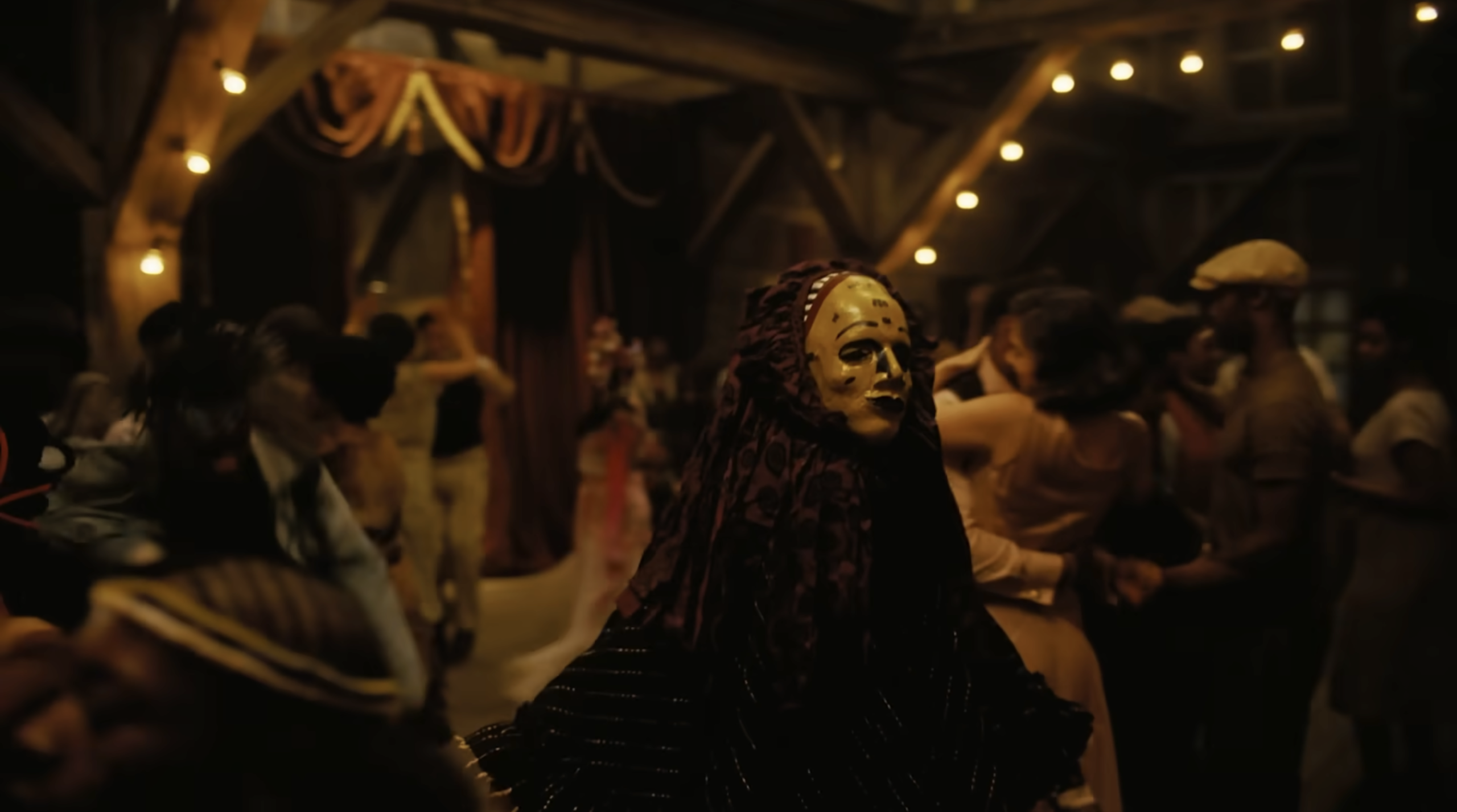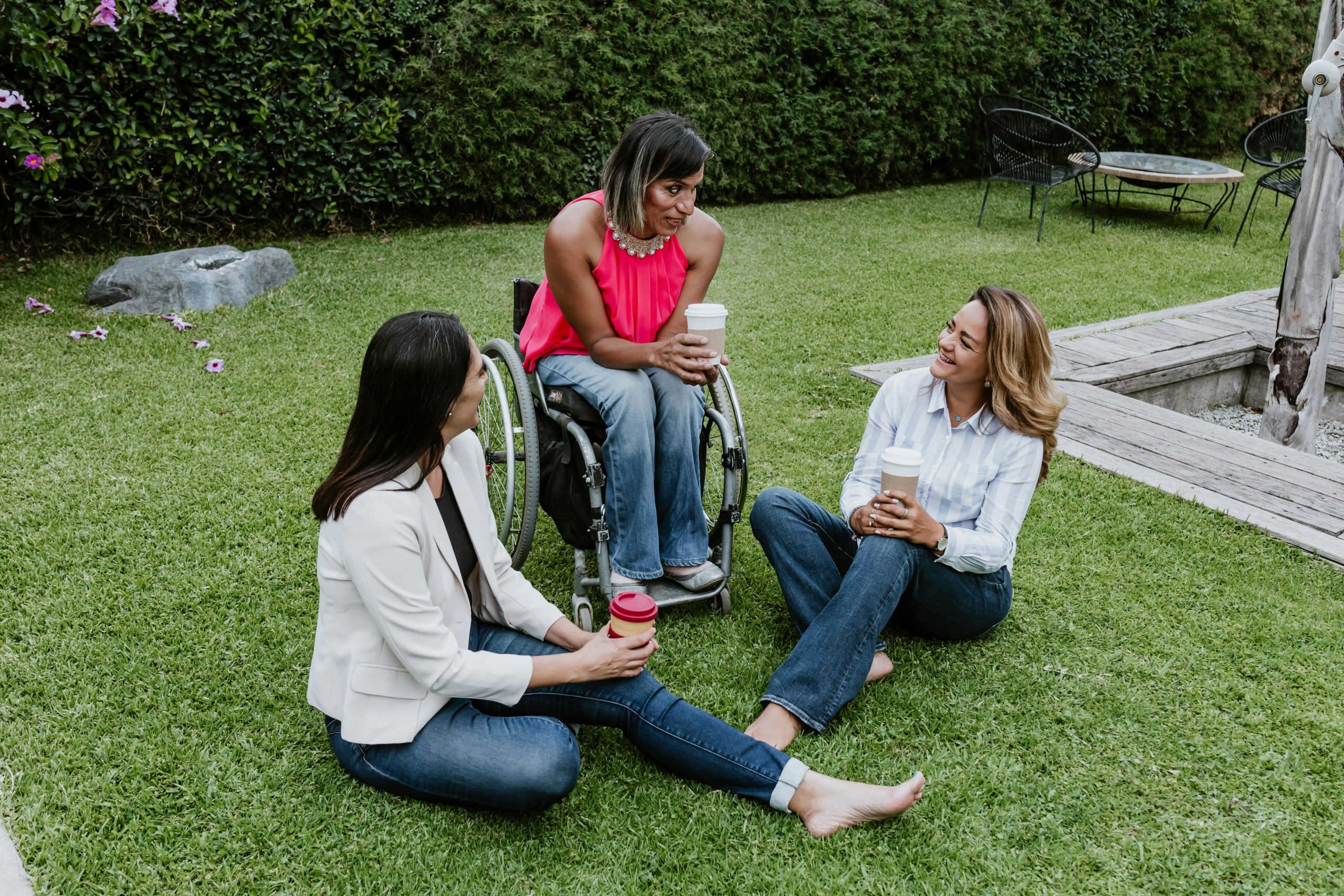essays
The Real Reason Conservatives Are Scared of Libraries
Easy access to information can show marginalized people that we’re not alone. Not everyone wants us to know that.

O n July 21, Forbes ran an op-ed by economics professor Panos Mourdoukoutas arguing that Amazon should replace libraries. The article has since been deleted, but the backlash from librarians, teachers, writers, and bibliophiles has not quieted. Mourdoukoutas then doubled down on his argument, tweeting that libraries, which are partly funded by taxpayers, are not actually free — a point no one had suggested in the first place.
Those who are pro-library (a phrase so ridiculous I never thought I’d have to type it) are rushing to defend the necessity and importance of libraries. At Vox, Constance Grady detailed Why Public Libraries are Still Essential in 2018, writing that libraries “offer financial literacy training and job search assistance. They serve non-English-speaking immigrants. They serve incarcerated people and homeless people and housebound people.” In sum, libraries help marginalized community members who otherwise wouldn’t have access to life improvement resources and information.

Conservatives hide behind taxes to justify shuttering libraries, but demographic data suggests a more sinister intention. Many of those who benefit from libraries are among the nation’s most vulnerable populations. According to a 2016 report by the Pew Research Center, “Library users who take advantage of libraries’ computers and internet connections are more likely to be young, black, female, and lower income.” In the Pew Center’s 2015 study, researchers found that “lower-income Americans, Hispanics and African Americans are more likely to say that libraries impact their lives and communities than other Americans.”
Conservatives hide behind taxes to justify shuttering libraries, but demographic data suggests a more sinister intention.
In February, the Trump administration released a budget proposal that would effectively eliminate federal funding of libraries, an institution that serves homeless people, addicts, people of color, immigrants, and those living in poverty. The issue isn’t about the cost of libraries; it’s that conservatives believe some people simply aren’t worth the money. Even more insidiously, it’s that conservatives fear what happens when those people get access to information.
I’m evidence that the worst right-wing nightmare about libraries is true: My library gave me the ability to think beyond my small town’s restrictive ideas of sexuality and showed me that happiness and success as a poor, queer, masculine-of-center woman was possible.

As a latchkey kid in Louisiana, the library was my babysitter. My brothers and I walked to the local library after school and waited for our mom to pick us up. We were supposed to stay together and do our homework, but we split up once the automatic doors swooshed open. My brothers hustled to the computer stations, and I, untethered, spent the afternoon exploring. I cozied up on a bean bag chair in the children’s section and thumbed through books and magazines.
My family moved to the next town over in middle school. The Fontenot Memorial Library in Vinton, Louisiana was significantly smaller than the one I roamed as a child, but provided the one thing every teenager in 2006 desired: internet. My family couldn’t afford a home computer so I used one of the two available computers at the library for the allotted two hour time limit to write poetry, print school assignments, and — most importantly — edit my Myspace page. If no one had reserved the computers after my time was up, the librarian gave me more time and I stayed and browsed until closing. My math teacher often occupied the computer next to me and we discussed our shared love of books.

During that time, I was questioning my sexuality. I didn’t wear makeup or straighten my hair and word got around our middle school that another girl and I had kissed. Because I looked the part, I was instantly labeled the school lesbian. The other girl may have participated in the kiss, but in the eyes of the school — I’m the one who liked it. Girls in PE swiped my glasses from my face and put them down their shirts. Reach in and grab them, they taunted. I know you want to. People threatened to jump me after school; a boy threw a bottle at me while I was riding my bike; friends stopped inviting me over.
The only gay person I knew was Marco on the TV show Degrassi. I had never met another queer person in real life. Louisiana had just passed a constitutional amendment banning the state from performing or recognizing same sex unions meaning even if I found someone to love me, our love would be illegal. I didn’t know it at the time, but five students in our class of 60 were queer. They smartly waited until after high school to come out, while I was outed at 13 in a town that didn’t want me and a world that wasn’t ready for me. I sank into a hole of darkness and self hatred that I almost didn’t make it out of.
The only gay person I knew was Marco on the TV show Degrassi. I had never met another queer person in real life.
The library was my place of solace. The rare time kids my age entered the library was to drink from the water fountain after playing at the adjacent park. I could finally breathe without anyone bothering me, judging me, or prodding me with questions. Understanding and accepting myself was a struggle, but having a place to retreat to was invaluable. I secretly and shamefully searched the library’s catalog for books about queerness, but the search returned 0 results out of the 14,000 titles in Fontenot’s collection. The internet, however, was an unlimited trove of information. I found PFLAG, GLAAD, and The Trevor Project. The mere existence of these resources assured me that even though I was isolated, I was not alone.

A capitalist system inherently values profits over people; libraries do the opposite. In “What Exactly Does a Librarian Do? Everything,” fiction writer and essayist Kristen Arnett attempts to synthesize a librarian’s job description. She writes: “the reality of being a librarian is that it’s hardly ever about sitting down and it has absolutely nothing to do with peace and quiet. It’s about assisting others. It’s about community service. Librarianship asks you to do 12 things at once and then when you’re in the middle of those projects wonders if you’ve got any tax forms left or an eclipse viewer.” Had there been an Amazon store in lieu of the Fontenot Memorial Library while I was growing up, I would not have been able to afford books or access. No business wants a dirty unaccompanied kid reading the merchandise and occupying space reserved for paying customers.
A capitalist system inherently values profits over people; libraries do the opposite.
As Cyree Jarelle Johnson argues at Motherboard, Turning Libraries into Amazon Stores is Class Warfare. Johnson’s own library served as an “oasis” for “a black working-class queer latch-key kid with an autism spectrum disorder and an illness…” His library gave him a safe space to escape school and home abuse and exposed him to queer and trans literature which allowed him to see a reflection of himself for the first time. Johnson writes, “Without the library and other benevolent social services, I would have fallen through the cracks that always threatened to consume me like it devoured so many of my peers.” Johnson became a librarian and went on to work at the The AIDS Library in Philadelphia, a place where he could give back to his community and prevent others from falling through the crack he narrowly escaped.
I hope they’re scared, because the revolution will not be privatized.
Alaina Leary, who wrote about reading as a form of travel, “was basically raised in the Malden Public Library.” Due to her family’s limited income and her and her mother’s disabilities, she was unable to go on long distance trips. Her local library was free, accessible, and allowed her to expand her world. Leary is now a queer disability activist and works with We Need Diverse Books, an organization that advocates for inclusive literature.
Stories like mine, Johnson’s, and Leary’s demonstrate that when it comes to libraries, the political is personal. Libraries change lives. We live in a country that puts up barriers to keep the marginalized on the margins. None of us should be where we are today, but libraries offered us a way out, a ladder to climb over the roadblocks. While our stories are inspiring to some, they are no doubt a nightmare for conservatives. And I hope they’re scared, because the revolution will not be privatized.










